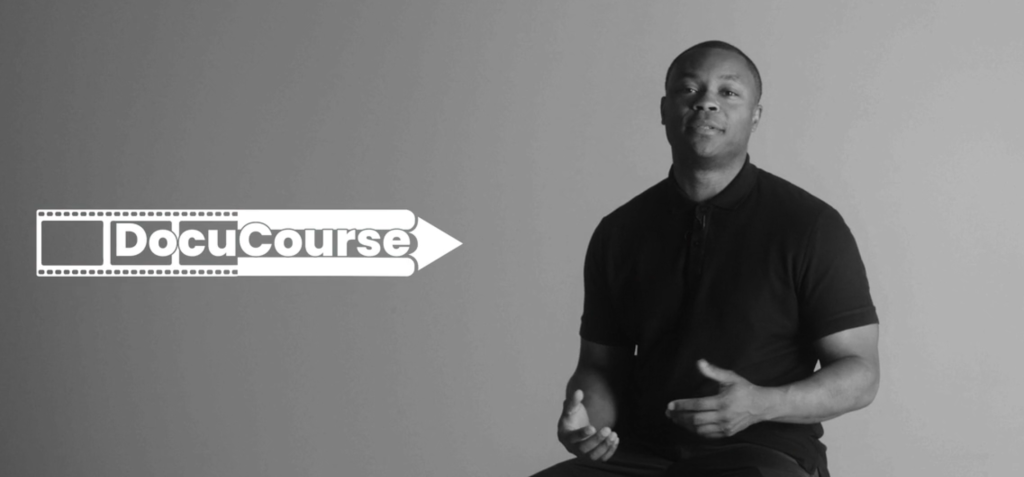Featured Image Description: Avrell Stokes, president of BeGreat Together, shares insights from DocuCourse, an innovative educational initiative designed to empower communities through storytelling and digital media. (Photograph by BeGreat Together)
Oftentimes, what’s positive isn’t what’s promoted. And that’s been one of my biggest frustrations. They want the drama. They don’t want the uplifting story that our communities are yearning for.” — Avrell Stokes, president BeGreat Together
Who gets to tell the stories of Black and Brown communities? In Kansas City, BeGreat Together is shifting the narrative through DocuCourse, a grassroots media platform that amplifies the voices of local changemakers.
In this episode of the Convergence Partnership Podcast, we hear from Averell Stokes, the creator of DocuCourse, along with featured activists Justice Gatson of Real Justice Network and Hakima Tafunzi Payne of Uzazi Village. They discuss how documentary storytelling can be a tool for social change, providing communities with the power to define their own narratives and push back against the media’s focus on trauma over triumph.
DocuCourse isn’t just a platform—it’s a movement that challenges traditional media, highlights solutions created “for us, by us,” and strengthens grassroots organizing efforts. With national recognition at film festivals from Hollywood to Philly, these stories are reshaping the way Black and Brown communities are seen and supported.
This podcast series serves as a final grant report for Convergence Partnership’s most recent grantee cohort. Through the voices of our grantees and their partners, we explore how civic narrative, mutual aid, and economic power shape the fight for racial justice and health equity.
